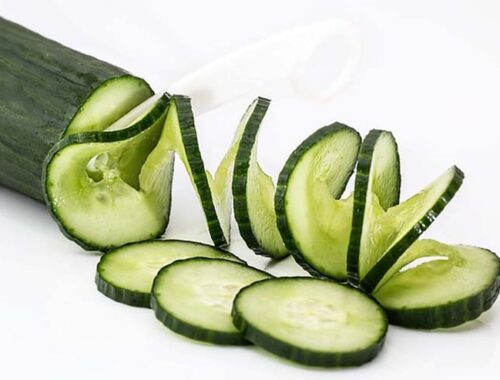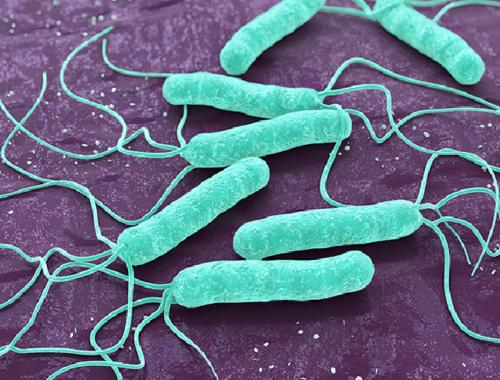There are fats that heal and fats that kill.
Although good fats (omega-3 fatty acids, olive oil, canola oil) in small quantities are essential for many of the body’s functions, consuming too much fat such as saturated fats and especially those from the bad kind (hydrogenated fats or refined oils) can cause chronic diseases (cancer, stroke, heart disease) and numerous digestive problems.
As far as GERD is concerned, too much fat can make the gallbladder work harder and weaken the LES, allowing acid to reflux to the esophagus.
A low-fat diet will relieve heartburn and IBS, prevent colon cancer, diarrhea, and cramps and help you control your weight (Too much weight can aggravate acid reflux).
Your goal in relieving heartburn will be to consume fats no more than 30% of your daily calorie intake and strive to consume fats from the good kind while minimizing or completely eliminating the dangerous poisonous fats.
The good fats are olive oil, flaxseed oil, borage oil, avocadoes, almonds, fish oil and walnuts. The bad fats are the hydrogenated fats and refined oils such as margarines, most desserts, refined soybean oil, refined sunflower oil and
refined corn oil.
You should limit saturated fats such as cheese, lard, meat fat, butter, cream and mayonnaise.
Lowering cholesterol intake can have a dramatic positive impact not only on your digestive disorders including GERD, but it can also protect your arteries and prevent chronic conditions such as heart disease and stroke.
Avoid or sparingly consume foods that are rich in cholesterol.
Need guidance on how to control and manage your acid reflux? Check out my Heartburn No More program





No Comments